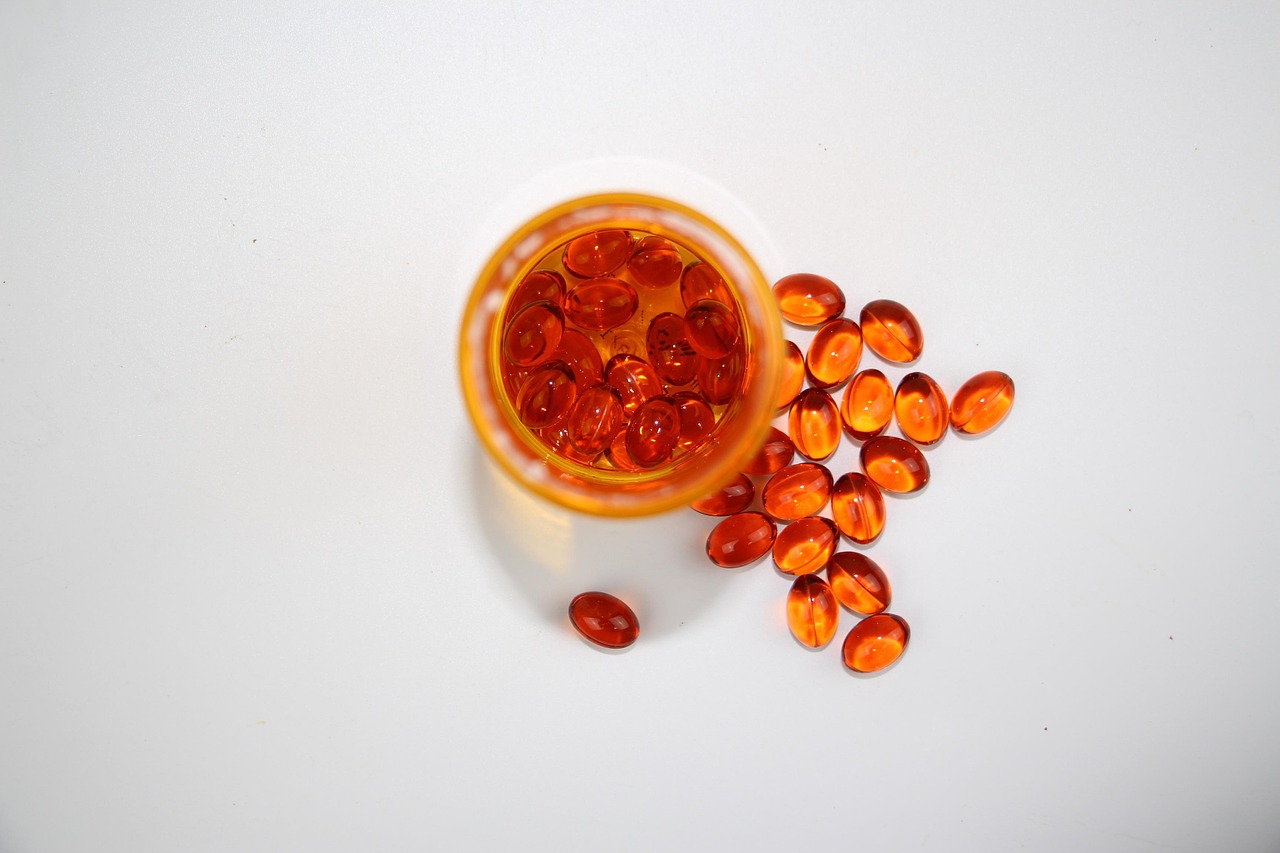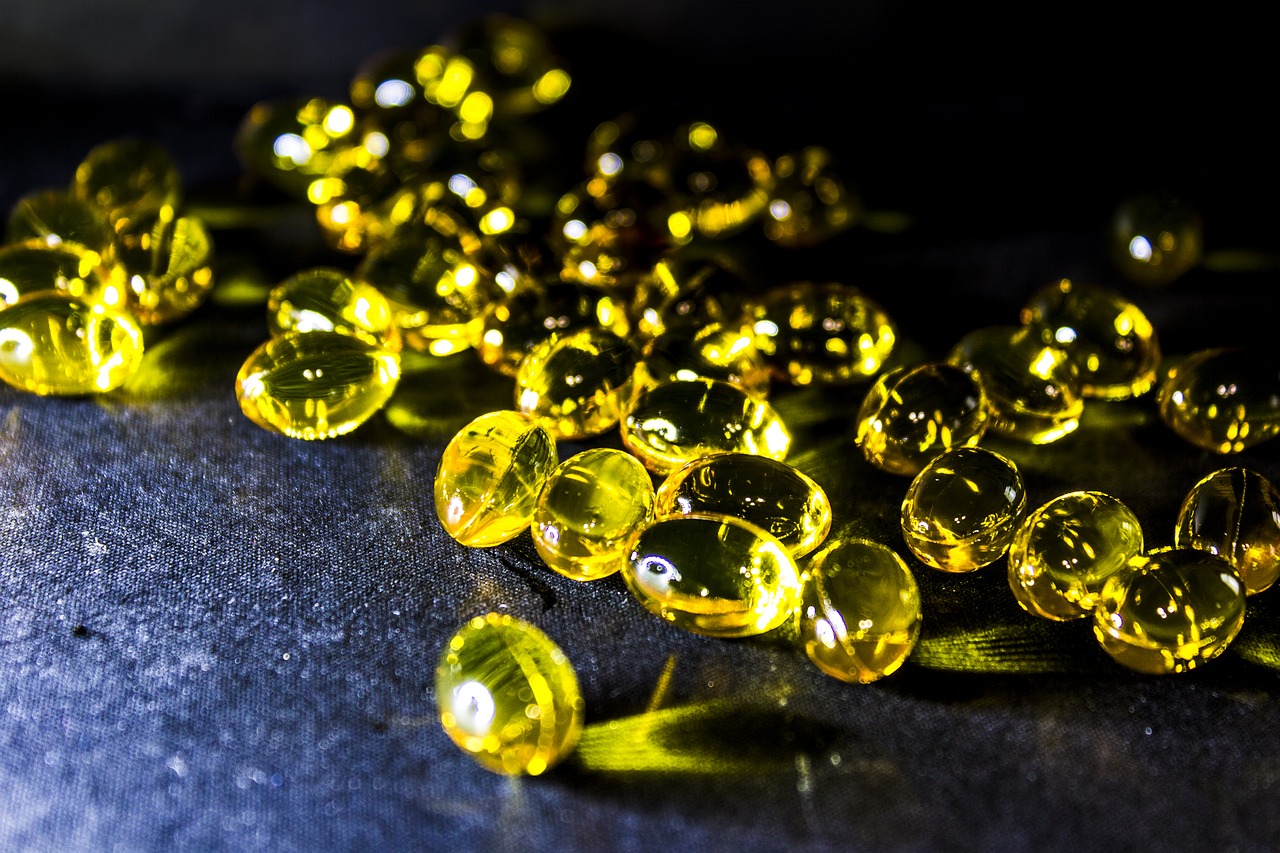Sea Buckthorn oil has very specific qualities: high in vitamin A and E, and in possession of the rare omega 7 and omega 9 fatty acids. With these glaring qualities, there are specific benefits: to the eyes, skin and mucosal membranes throughout the body. Of note, is its specific ability to lubricate vaginal dryness in postmenopausal women! There is also a specific plant sterol that constitutes much of this oil, called beta-sitosterol, that may confer cardiovascular benefits to individuals with abnormal or high cholesterol levels. Let us discuss these benefits.
Because of their ideal cold-temperate and semi-arid regions, more than 90% of the world’s natural sea buckthorn habitat is found primarily in China, then Mongolia and Russia. The two forms of oil extracted by man lay within the seed and berry (pulp). They differ in nutrient status and how they affect the body. The seed oil is extracted from the seeds, and is light, both in color and weight, and rich in essential fatty acids like omega-3 and omega-6, making it a good external daily moisturizer. The berry oil is extracted from the fruit pulp, and is thick, dark red, and contains much higher levels of omega-7 and carotenoids, making it ideal as an oral supplement for skin repair, hydration and anti-aging.
Vitamin A and E
Unlike cod liver oil which focuses on a high vitamin A and vitamin D content, sea buckthorn (berry) oil focuses on a high vitamin A and E content. Vitamin A is beneficial for the eyes, skin and immune system. Vitamin E helps oxygenate internal tissues, and helps prevent blood clots.
Sea buckthorn (berry) oil contains vitamin A precursors in the form of carotenoids—specifically β-cryptoxanthin, β-carotene (abundant), lycopene, lutein, and zeaxanthin (the most abundant). β-cryptoxanthin and β-carotene can be converted by the body into retinol (vitamin A). In contrast, lycopene, lutein, and zeaxanthin do not convert to vitamin A but instead act primarily as antioxidants.
Lycopene is being studied for potential benefits in supporting prostate health, including possible protective effects against prostate cancer.
Lutein and zeaxanthin are the only known dietary carotenoids that selectively accumulate in the retina, forming a protective layer of macular pigment. They may help protect the eyes by filtering high-energy blue light and supporting overall retinal function.
Omega 7 and Omega 9 Fatty Acids
Omega-7, found primarily in the berry oil, as in macadamia nuts, helps maintain moisture and elasticity in skin and mucosal tissues (eyes, mouth, and vaginal lining). Commonly used for dry eye and vaginal dryness.
Omega-9, found also in olive and avocado oil, may improve cholesterol metabolism in the body. May also improve glucose metabolism.
Dry Eyes
The eye contains a mucous membrane called the conjunctiva, which can become dry. The conjunctiva is a thin, clear tissue that covers the front of the eye and the inside of the eyelids. It helps keep the eye moist by producing the mucus layer of the tear film. Sea Buckthorn Berry oil supplementation has proven beneficial for reversing dry eye conditions.
Vaginal Dryness
Also called vulvovaginal atrophy or genitourinary syndrome of menopause (GSM), vaginal dryness causes thinning of and decreased elasticity of the vaginal and vulva tissues as estrogen levels decrease during menopause. Sea Buckthorn Berry oil supplementation has proven beneficial for reversing dry vaginal conditions.
Skin Protection and Rejuvenation
Sea Buckthorn seed oil is moisturizing to the skin, and may regenerate damaged skin tissue on a cellular level and improve elasticity. Also good as a sunscreen with other carrier oils, such as coconut oil, reducing sunburn. Has been used to treat skin burns. The oil was used to help treat the skin of burn victims in the aftermath of the 1986 nuclear accident in Chernobyl, Ukraine. Russian cosmonauts also use[d] it for protection against radiation exposure in space.
May also help treat wrinkles, acne, rosacea and eczema.
Other Benefits
There may be mild cardiovascular protection from the flavonoids and other antioxidants in sea Buckthorn. The plant-sterol it contains — beta sitosterol — may compete with and replace cholesterol numbers in the human intestines. Whether or not this is a plus, is an ongoing research. There is research that indicates that increased plant sterols may actually increase the risk of adverse coronary events! There may, however, be mild lowering of triglycerides and blood sugar levels while using this oil.
How to Use Sea Buckthorn Oil
Berry oil may be taken orally for systematic dryness: dry mouth, dry eyes and vaginal dryness. May also be taken orally to enhance cholesterol and glucose metabolism.
Seed oil may be taken topically for dry skin, sunburn or general skin burns. Both the seed and berry oil can be combined for enhanced topical benefits.
Precautions
- Sea Buckthorn oil may be for occasional use only, instead of a daily supplementation routine.
- If you have any heart condition, and are on heart medications or blood thinners, use caution when taking sea buckthorn, which is considered a blood thinner. Stop taking if any unusual symptoms develop.
- Pregnant or breastfeeding women should probably avoid this oil since interaction is relatively unknown.
- People with existing allergies to the Elaeagnaceae plant family should be aware and on alert for any unusual symptoms.

